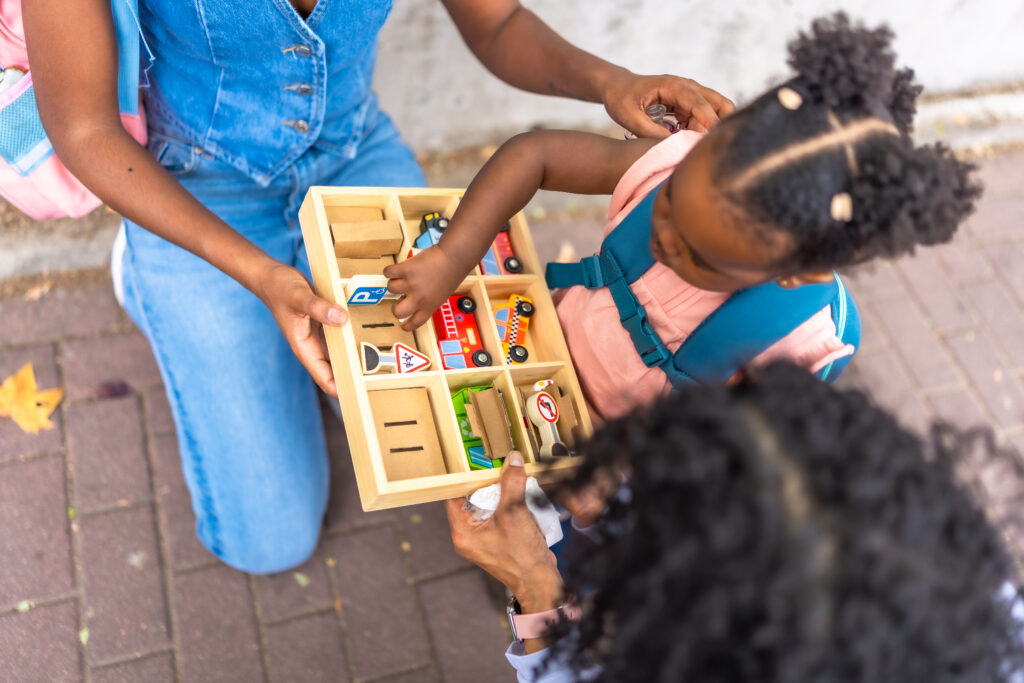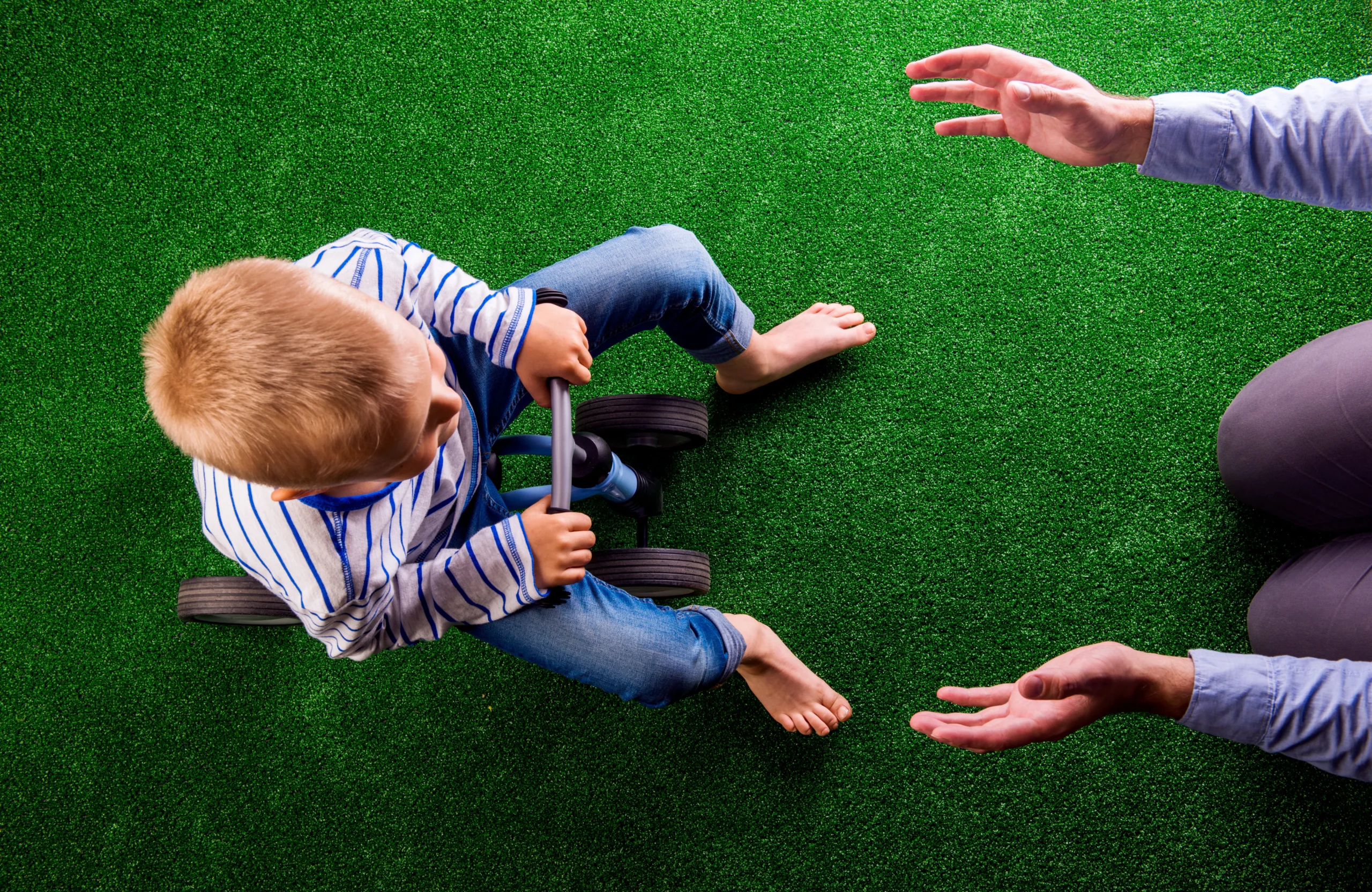In today’s fast-paced world, fostering kindness and empathy in children is more crucial than ever. As parents and caregivers, we play a pivotal role in guiding our children toward understanding and practicing compassion. By equipping them with a “kindness toolbox,” we can transform potential negative behaviors into positive interactions, helping them evolve from bully to bestie.
Understanding the Importance of Kindness

Kindness is more than just polite behavior; it’s a fundamental aspect of holistic child development. Children who learn to be kind from an early age are more likely to develop strong social connections, exhibit better mental health, and contribute positively to their communities. Teaching kindness also enhances emotional regulation in kids, allowing them to manage their feelings effectively and respond to others with empathy.
Building the Kindness Toolbox
Developing a kindness toolbox involves integrating various strategies and activities that promote empathy, compassion, and positive social interactions. Here are some effective approaches:
1. Model Kind Behavior
Children learn by observing adults. Demonstrate acts of kindness in your daily life, whether it’s helping a neighbor or expressing gratitude. This sets a powerful example for your children to emulate.
2. Engage in Role-Playing Scenarios
Role-playing different situations can help children understand the impact of their actions. For instance, acting out scenarios where someone is being left out can teach them to recognize and address exclusion. This method aligns with active listening parenting, encouraging children to listen and respond thoughtfully.
3. Introduce Kindness-Focused Activities
Incorporate activities that promote kind-heartedness into your routine. For younger children, toddler activities like sharing games or cooperative play can be beneficial. For older kids, community service or creating “kindness cards” for classmates can instill a sense of empathy. Resources like the School of kind-heartedness offer a variety of activities suitable for different age groups.
4. Utilize Educational Tools
Books and media play a significant role in shaping a child’s understanding of kindness. Selecting literature from the best parenting books that focus on empathy and compassion can reinforce these values. Additionally, educational programs like the “Learn With Sesame Street” app are designed to help children develop emotional well-being and early learning skills, teaching them about emotions, friendship, and daily routines through engaging activities and stories with beloved characters.
5. Practice Mindful Parenting
Being present and attentive to your child’s needs fosters a nurturing environment. Mindful parenting encourages parents to respond rather than react, promoting a calm and supportive atmosphere that naturally cultivates kindness.
6. Implement Nonviolent Communication
Teaching children to express their feelings and needs without aggression is crucial. Nonviolent communication techniques can help them articulate their emotions and understand others’ perspectives, reducing conflicts and promoting empathy.
7. Conduct Regular Family Meetings
Holding family meetings provides a platform for open communication. Discussing experiences, addressing concerns, and planning toddler activities together can strengthen family bonds and reinforce the importance of kindness within the household.
The Role of Schools in Promoting Kindness
Educational institutions also play a vital role in nurturing kindness. For example, France has mandated the teaching of empathy in primary schools to address rising individualism and bullying. The curriculum includes identifying emotions and responding empathetically, thereby fostering social skills and self-esteem.
Conclusion
Equipping children with a kindness toolbox is an ongoing process that requires dedication and consistency. By modeling kind behavior, engaging in empathy-building activities, and fostering open communication, we can guide our children toward becoming compassionate individuals.
Tip: Encourage your child to perform one act of kind-heartedness each day, no matter how small. This practice can significantly enhance their empathy and understanding of others.For more insights and resources on fostering kindness and empathy in children, don’t forget to follow us on Instagram, and YouTube.






